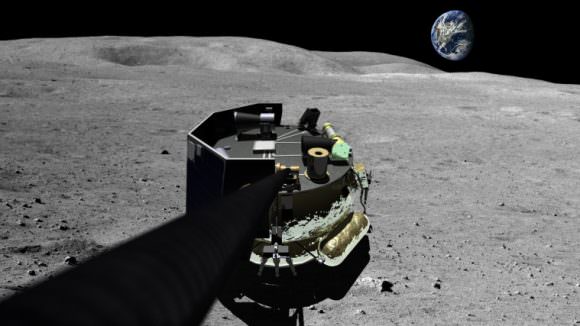Let yourself imagine a spaceport. I bet you put a grand concourse in the center with a fine selection of rockets descending and ascending together with space planes making their final approaches or taking off to worlds who knows where? Perhaps just behind snaking off toward the horizon is a common asphalt road with autonomous electric cars whizzing their passengers to and from the concourse. And assuredly there’s an above ground or below ground rail system that provides convenient access to those in the nearby city. At least that’s what my imagination pictures.
While my idea of space transportation may seem somewhat farfetched, the idea of a spaceport isn’t. Actually the Federal Aviation Administration (FAA) of the United States of America has already licensed 10 spaceports or Launch Site Operators as they call them. Interestingly the same FAA also licenses 12 Active Launch providers.
Curious that NASA isn’t on the list of licensed Active Launchers. I wonder if they will be allowed to launch their new Space Launch System. Anyway, there’s been another treat for us in that the FAA has recently approved a commercial venture to the Moon. Can this be any more exciting? It seems that we’ve made the grade with space ports launchers and we’ve become a space faring species. There’s nothing farfetched about this reality.
Let’s dig a little deeper. The commercial company is Moon Express. It’s not surprising that they’ve sought approval as their ultimate goal is to win the Google Lunar X Prize. Presumably if they purchase a launch from the United States then they need a licensed one. And the launch company will only loft the Moon Express robot to the Moon with permission.

Now this is where things get a bit interesting. Moon Express has mentioned that they will use Rocket Lab to hurl their robot to the Moon. But Rocket Lab launches from New Zealand and they aren’t on the FAA list of Active Launchers. You may understand more by perusing the licensing. It seems that any United States citizen must comply with the rules wherever in the world they launch. Nevertheless it seems that we can sleep with warm hearts as apparently our space faring dreams are coming to fruition.
Yet I wonder if all really is the lotus lands that it seems. For one, why does the FAA or any government on Earth have any jurisdictional rights on accessing the Moon? Did the Chang’e 3 team need permission before they flew? I think not.
Further, does granting permission make the granter liable? Do you have any memories of the furor over the Skylab vessel re-entering on top of Australia in 1979? And whether the United States was found liable? I guess this is where 51 USC Code 50914 comes in. It shows that the licensing is apparently all about managing the risk. Does this imply that the existing judicial structure on Earth is inappropriate for space? Can you imagine the fun that journalists would have if they heard of a theft occurring on the International Space Station? Who would investigate? Who would oversee the trial and make judgement? There are some big questions remaining to be answered before people can sit idly watching rockets roar up from a spaceport with their loved ones safely tucked in.
Nevertheless while uncertainties remain, we are seeing progress. We see the basis of an international legal system. We see space transportation infrastructure that serves the customer rather than the scientist. We see individuals achieving feats that previously were the sole domain of governments. So I say, “Yes imagine your spaceport! Believe in the ability to travel far above Earth and into the furthest reaches of our solar system. Believe in a future of our making.”


Definitely, Definitely need more lawyers
https://youtu.be/m2VxpTMAbas
This article has a very valid point behind it.
It brings out the problem of what economists politely call “Rent Seeking”.
Unfortunately this behaviour of sucking off funds that should be used for actual space transportation is second only to corruption in the damage it causes to any project or economy.